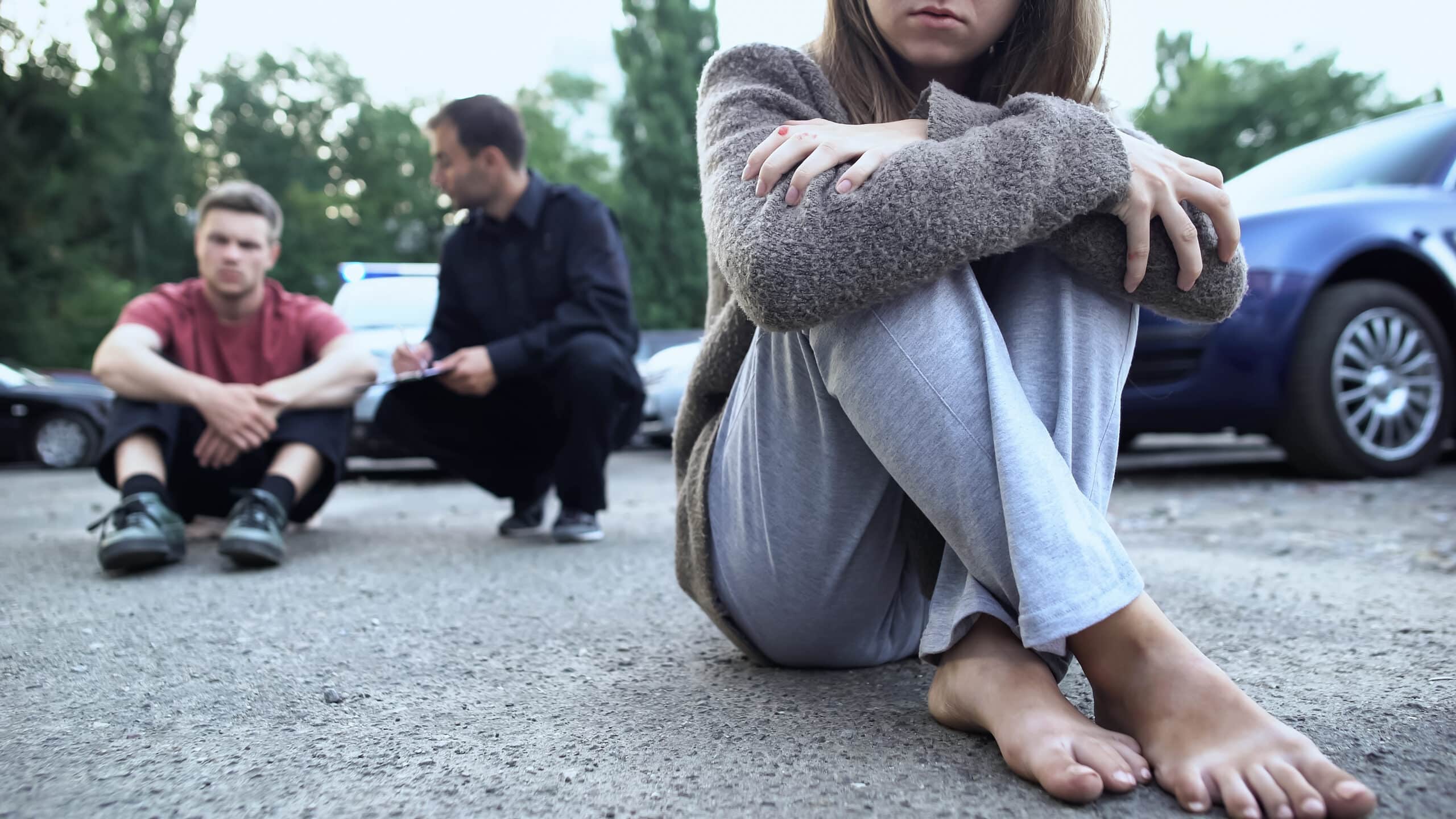When you are injured in an accident, everyone accepts that it will take time to recover. Bones need time to knit back together, scars need to fade, and, in some cases, therapy is required to assist with movement and mobility issues. After a time, however, there is an unspoken assumption that you are over the worst and on the mend. Once the physical marks have faded from sight, those closest to you may automatically assume that your healing is complete and that everything is as it was.
For you, however, the story is very different.
You find yourself reliving the experience in flashbacks and crashing panic attacks. You may find excuses not to get back into a car or wake up in cold sweats at 3 am. Life may suddenly seem far more challenging, and nobody can see the scars.
What Is PTSD?
PTSD, or Post-Traumatic Stress Disorder, is a psychological condition often brought on after experiencing severe trauma and stress. The disorder is commonly found in war veterans as they adjust to civilian life or survivors of abuse as they rebuild their identities.

Serious accidents and injuries can also leave survivors with severe post-traumatic stress, and this can be an incredibly debilitating reality to live in.
Signs of PTSD
PTSD manifests itself differently in each sufferer, and you may have unique symptoms. Some of the most common signs that something is wrong include:
- Flashbacks to the traumatic event – these can be very realistic and make you feel as though you are back at the scene of the accident.
- Difficulty sleeping due to insomnia, nightmares, and flashbacks
- Avoidance of any thoughts, places, people, discussions, conversations, associations, or activities which may trigger a memory of the traumatic event.
- Intrusive thoughts which restrict your daily life and quality of life. These can be very distressing, recurring thoughts or memories which trigger an extreme emotional response
- An inability to concentrate
- Prolonged and intense psychological distress when exposed to things which remind you of the accident or trauma
- Negative thought and mood patterns, which leave you forgetful, disinterested, hopeless, detached and disinterested in things which previously brought you joy
- Finding that symptoms intensify when stressed
- Mood swings – you may find yourself becoming very easily frightened or overwhelmed, or feeling tremendous guilt if the accident caused fatalities. This is often known as ‘survivors guilt.’
Why Are PTSD Claims More Challenging?
Sadly, there is still a significant stigma surrounding psychological and mental health conditions, and this means you will be fighting extra hard to claim for PTSD. The nature of the illness – as a mental and emotional disorder – means that it can be difficult for outsiders to grasp the severity, and they may underestimate quote how much harm is being done. Unlike a broken leg or deep lacerations, there are no visual clues or identifying markers to indicate the pain, and this can result in a dismissal by those not clued up on the topic.

Claims are also complicated by the requirement to have obtained an official, clear and official diagnosis of PTSD from a qualified medical professional. Furthermore, you must also prove that the condition was a direct result of the accident in question. This can be extremely difficult to prove, not to mention incredibly distressing for victims.
The value of the claim can also be a sticking point; you may not have received hospital treatment or be taking medication – to some external parties, this diminishes your suffering and minimizes the debilitating impacts of PTSD. As a result, they may feel you do not have a case.
Is It Possible To Claim For PTSD?
PTSD falls under the category of personal injury, and there is a little good news for survivors: you may be able to claim a settlement. The nature of the condition does mean that this is a little more tricky than in a typical personal injury case – it is far easier for an attorney to use your broken leg as proof of injury than a psychological disorder. That does not mean, however, that it is not possible – there are resources and tricks your attorney can employ to help secure the best outcome for your case.
The first thing you will need to arm yourself with is a qualified and experienced attorney who is well versed in PTSD cases. The right personal injury lawyer will have a background in dealing with cases involving psychological damage and trauma, and a proven track record in helping victims to recover damages. This is a niche area, so making sure you have the right expert on your side is crucial.

You will also need to ensure that you have a ream of sources to call on, who are in a position to confirm and corroborate your diagnosis of PTSD, and who have the qualifications and background to make this claim. Medical professionals will typically be your first port of call, along with any licensed therapists, psychiatrists, and academics who are highly skilled and knowledgeable in diagnosing and treating PTSD. This team will be crucial to the case, as they can describe the devastating implications PTSD can have on the daily life of the victim.
As well as confirming your diagnosis, you will also need someone who is skilled in quantifying the damages associated with the disorder. This is more difficult than attempting to quantify physical damage, but with the right professional by your side, you can attain an accurate value of the case.
What Can I Do?
Though it may seem an upward battle, claiming a settlement for your PTSD is far from impossible. Here at Tomassian, Pimentel & Shapazian, we have an extensive background in working with PTSD survivors, and our team has the skills you need to build a strong, convincing case. We will work with you every step of the way and use our experience, qualifications, and knowledge in this field to help you fight for the outcome you deserve.




